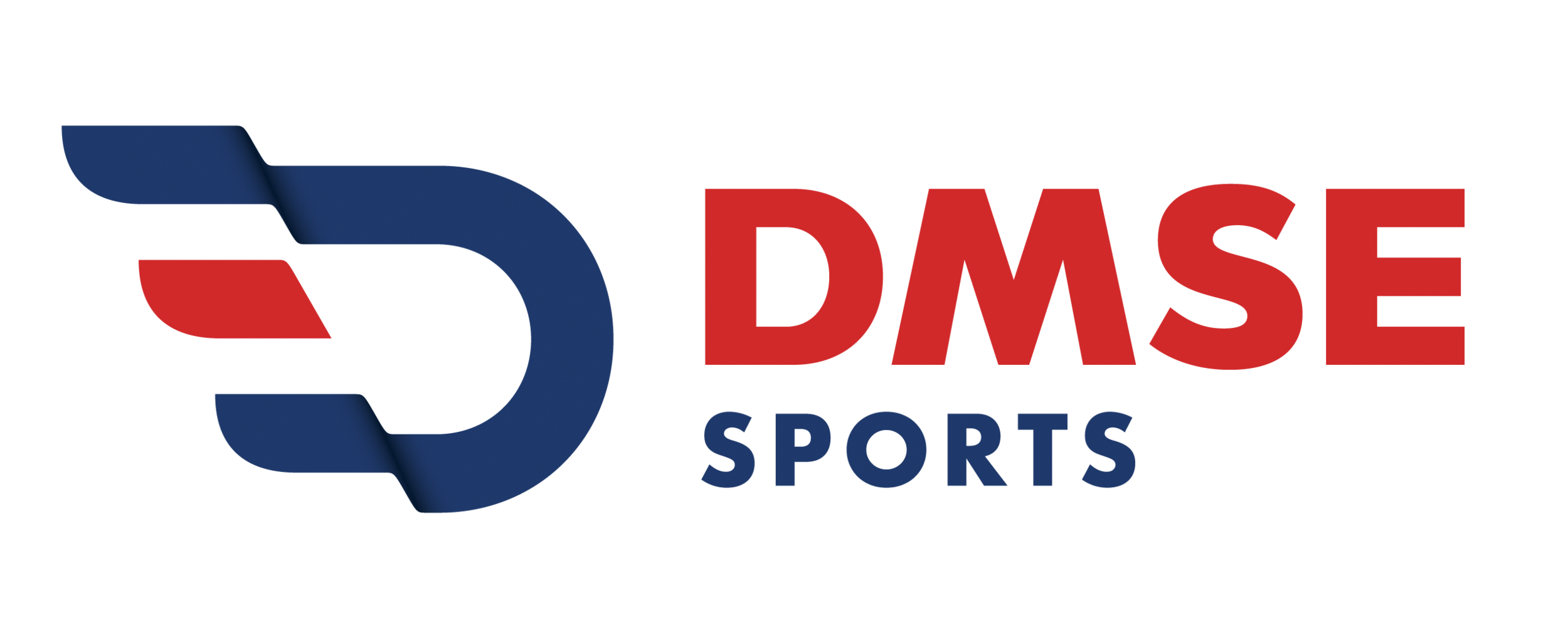TIPS AND TRICKS: HEAVY LIFTING
DAVE MCGILLIVRAY
More often than not, runners arrive to the race site about one hour before the start. Everything is usually all set up by then. Do they ever wonder how that all happened? Who set up the scaffolding and truss, what about the photo bridge or the bleachers and all the barricades and fencing? What about the tents and staging and the sound system? Who moved all the pallets of food and water into place with forklifts? Contrary to popular belief, it didn’t all just fall out of the sky…or did it? So, who exactly does all of this “heavy lifting” at road races?
As with everything, the answer is probably different for different races. The one thing that most races probably agree on is that volunteers shouldn’t be doing this kind of labor. So then who does it? In most cases it is either expert vendors who handle it and/or the race has a group of experienced, paid consultants who are strong and skilled at doing this type of work and heavy lifting.
Some tips when using paid consultants:
Consider hiring folks who have a license to drive a forklift and are experienced at doing so.
Same with consultants who are experienced and licensed to drive large trucks.
Experience is critical – guys who know what they are doing and don’t need a lot of instruction are so beneficial. Many times, time is of the essence.
Younger and stronger – you need some of these people. Don’t expect older folks or volunteers to be lifting, hauling, or toting.
Venue management – assign a knowledgeable consultant to each significant venue (e.g., start, course, finish) who knows exactly where and how things go. Someone on your team should always be present when the vendor arrives to drop off equipment, as you want to be 100% sure it all gets delivered exactly where you want it.
Loading and unloading trucks – again, there is a science to this. Knowing how much weight a truck can handle and staying under that limit is a law. How you load a truck can make all the difference in the world in saving time – what goes in the back and what goes up front.
Payment – you have to determine how much to pay all these folks and whether it is a day rate or hourly rate. Agree with them in advance (preferably in writing, at least via email) what each team member’s pay rate will be and whether it is a day rate, hourly rate or negotiated fee based on duties prior to race weekend. Try to be consistent and fair since they WILL talk about this with one another regardless of what you tell them.
If these consultants are working out of town, it is normal and customary to provide transportation, lodging and meals in addition to their pay.
After hours and even outside of race weekend, provide the consultants with opportunities for socializing with one another. These team building activities will help maintain a consistent and more harmonious staff in the long run.
Some tips when using vendors:
Have a written agreement with every vendor detailing out exactly what they are responsible for.
For example, if a vendor is bringing you 100 tables, is it their responsibility to set them all up where you want them, or are they just required to deliver them to one spot and then your crew will distribute them? Same for breaking everything down – does your crew have to gather them all into one location?
Include in the Request for Quote and/or signed agreement the delivery day/time and the post-event pick-up day/time to avoid problems.
Provide vendors with both detailed equipment/material lists and site plans or floor plans. The detailed lists will be used by the salesperson for quotations and the warehouse for loading items. The site plans and floor plans will be used by the field staff for actual set up.
Cellular numbers – require that the vendor provide you with the cellular number of the person who is delivering the goods. If they are late or your plans change a little, you want to be able to reach out to them directly to communicate with them. It is your event, not theirs, so you will be the one to blame if they mess up or don’t show!
Trash – no one likes to be responsible for picking up trash or emptying out barrels. Hire a company that provides this service or partner with a “sustainability” (recycling) consultant to work with you on this sensitive aspect of the race.
No one said putting on road races was easy (or light) work!!
